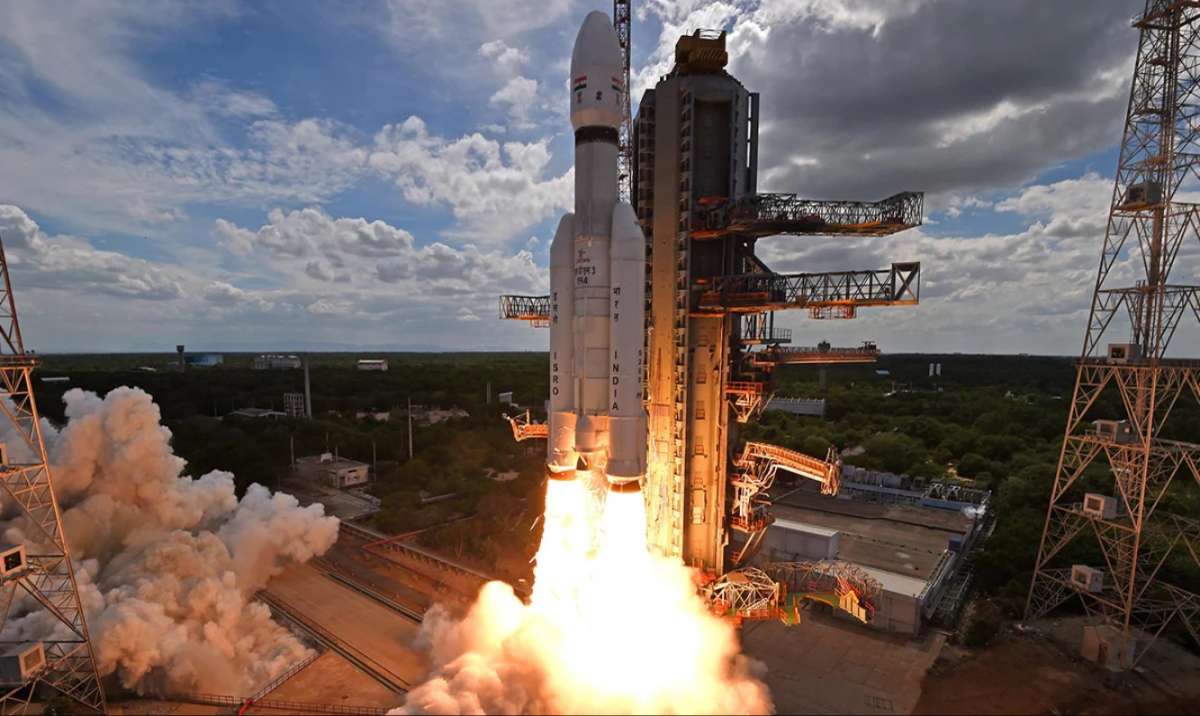The emission-free and efficient nature of Fuel Cells positions them as crucial components for future space habitats…reports Asian Lite News
The Indian Space Research Organisation (ISRO) announced a significant milestone on the space exploration frontier as it successfully tested a 100 W class Polymer Electrolyte Membrane Fuel Cell based Power System (FCPS) on its orbital platform, PSLV Orbital Experimental Module-3 (POEM3).
Launched aboard the Polar Satellite Launch Vehicle (PSLV-C58) on January 1, the experiment marked a crucial step in assessing the operation of Polymer Electrolyte Membrane Fuel cells in the space environment.
ISRO took to the social media platform X and posted, “POEM-3 on PSLV-C58: VSSC/ISRO successfully tests a 100 W class Polymer Electrolyte Membrane Fuel Cell on PSLV-C58’s orbital platform, POEM3. https://isro.gov.in/FuelCellFlightTestedPSLVC58.html… Powering missions with efficiency and emitting only water, these fuel cells are the future for power production in space habitats”.
According to ISRO, the primary objective of this experiment was to collect valuable data that would aid in designing systems for future space missions.
During the short-duration test onboard POEM3, the Polymer Electrolyte Membrane Fuel Cell generated 180 W of power using Hydrogen and Oxygen gases stored in high-pressure vessels.
The test provided a wealth of data on the performance of various static and dynamic systems integral to the power system, shedding light on the physics at play in space.
Polymer Electrolyte Membrane Fuel Cells utilize Hydrogen and Oxygen gases to produce electricity directly, accompanied by the generation of pure water and heat.
Unlike conventional generators that rely on combustion reactions, these fuel cells operate on electrochemical principles, similar to batteries.
Their efficiency stems from the ability to produce electricity directly from fuels, making them highly efficient. Moreover, they are emission-free, with water being the only by-product.
These fuel cells present an ideal solution for space missions involving human presence, as they can fulfil the essential requirements of electric power, water, and heat in a single system.
The emission-free and efficient nature of Fuel Cells positions them as crucial components for future space habitats.
Beyond space exploration, Fuel Cells hold significant potential for societal applications. They are seen as a promising solution to replace engines in various types of vehicles and power standby systems.
With capabilities matching conventional engines in terms of range and fuel recharge time, Fuel Cells present a compelling alternative to batteries in the realm of emission-free transportation.
The successful testing of the Fuel Cell on PSLV-C58’s orbital platform reflects ISRO’s commitment to advancing space technology and exploring sustainable solutions for future space missions.
The fuel cell’s ability to provide both power and pure water makes it an ideal power source for space stations, emphasizing its multifaceted potential in the realm of space exploration. (ANI)
ALSO READ-ISRO to Use US Rocket to Launch GSAT-20

Leave a Reply